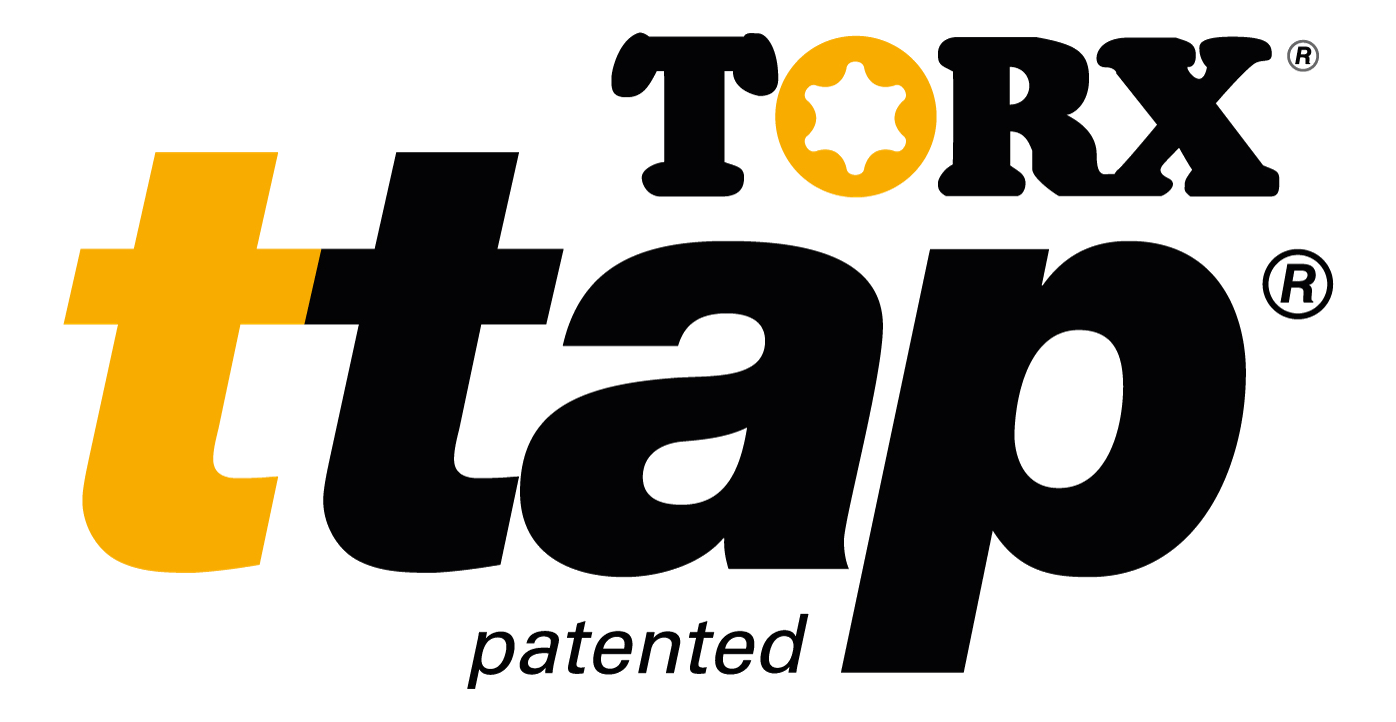Privacy statement
The TTap Drive web site does not store or capture personal information, unless voluntarily offered (for example via feedback forms and e-mail), but merely logs the user's IP address which is automatically recognised by the Web server.
We do not use cookies for collecting user information from the site and we will not collect any information about you except that required for system administration of the Web server.
By continuing to use this site you are considered as understanding and agreeing to the contents of this statement.
Where the provision of personal data is required to enable us to provide a specific service to the user the details collected will only be used for the stated purpose.
Certain sections of this site seek personal information on a voluntary basis; for example, to give feedback on our website. The provision of this information is optional and this will be made clear at the start of each relevant section, as will the intended use of any such information provided.
As a word of caution, children under 16 years of age should not submit any information to any website without the consent of a parent or carer.
NOTIFICATION OF CHANGES
If we decide to change our privacy policy, we will post these changes on this page so that you are always aware of what information will be collected and how we intend on using it. Regardless of later updates, we will never use the information you submit under this current policy in a new way without first providing you an opportunity to opt-out or otherwise prevent that use.
SUMMARY OF TERMS
Browser
Used to locate and display Web pages via a software application. The most popular ones are Netscape Navigator and Microsoft Internet Explorer.
Cookie
Message given to a web browser by a web server. The message is then generally stored by the browser in a text file. Each time the browser requests a page from the server, this message is sent back. A cookie's main objective is to identify users and personalise their visit by customising web pages for them for example by welcoming them by name next time they visit the same site. A site using cookies will usually invite you to provide personal information such as your name, e-mail address and interests.
IP (Internet Protocol)
All networks connected to the Internet speak IP, the technical standard which allows data to be transmitted between two devices. TCP/IP (Transmission Control Protocol/Internet Protocol) is responsible for making sure messages get from one host to another and that the messages are understood.
IP address
If you are connected to the Internet you have one, for example it may look something like this 198.184.98.9
Web Server
Delivers (serves up) web pages to your computer.

